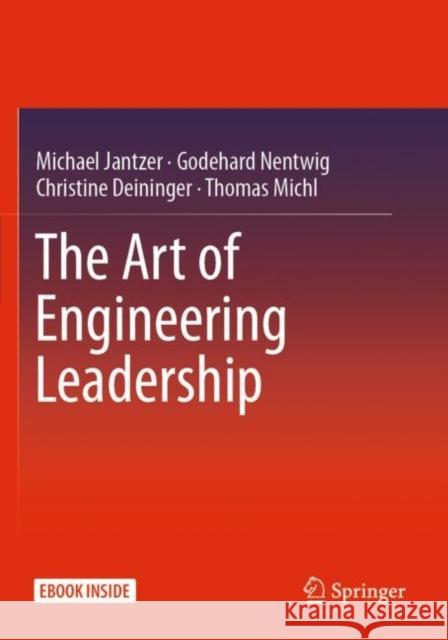The Art of Engineering Leadership: Compelling Concepts and Successful Practice » książka
topmenu
The Art of Engineering Leadership: Compelling Concepts and Successful Practice
ISBN-13: 9783662603864 / Angielski / Miękka / 2021 / 164 str.
The Art of Engineering Leadership: Compelling Concepts and Successful Practice
ISBN-13: 9783662603864 / Angielski / Miękka / 2021 / 164 str.
cena 322,01
(netto: 306,68 VAT: 5%)
Najniższa cena z 30 dni: 308,41
(netto: 306,68 VAT: 5%)
Najniższa cena z 30 dni: 308,41
Termin realizacji zamówienia:
ok. 16-18 dni roboczych.
ok. 16-18 dni roboczych.
Darmowa dostawa!
Kategorie:
Kategorie BISAC:
Wydawca:
Springer
Język:
Angielski
ISBN-13:
9783662603864
Rok wydania:
2021
Wydanie:
2020
Ilość stron:
164
Waga:
0.29 kg
Wymiary:
24.41 x 16.99 x 0.97
Oprawa:
Miękka
Wolumenów:
01
Dodatkowe informacje:
Wydanie ilustrowane











